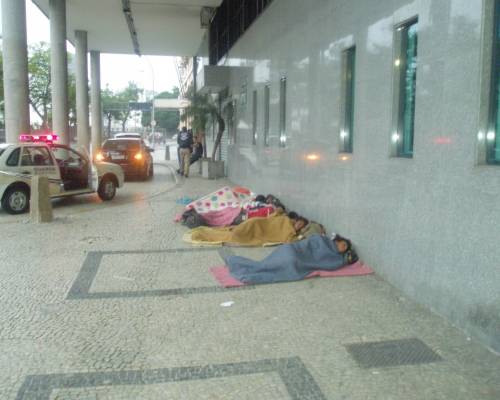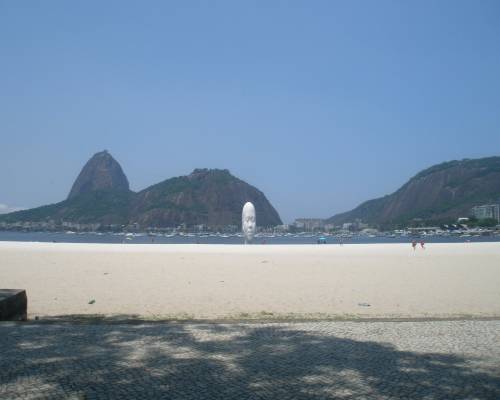How to stay safe in your hotel
23 February 2016 - RPS Partnership
Great ideas for how to stay safe at your hotel, written by Stuart Anderson. We thought you may like to see his ideas and RPS will add some of its own to help you as you navigatge the world safely.
Contact is at [email protected] for more information on travel security awareness training and any concerns you may have to for private or business travel to Europe or more unusual places. Our consultants have been to most areas of the world. We run bespoke courses for travel, crisis management and first aid, offering certificated courses as well. We also run other courses such as conflict management and disengagement skills training, driver training and Training of Trainers.
You are now at your destination and ultimately you will want to enjoy yourself, but how do you stay safe at your hotel? You may be in a completely new environment, sampling the cultures, sightseeing or going shopping, but first you will have to get settled into your hotel.
The majority of travellers, especially business travellers will be staying in a hotel of some sort. The higher the standard of the hotel does not always mean that it is more secure, other factors will need to be considered in your selection. Prior to travelling check the location of the hotel, does it have services like a 24-hour reception, security staff, or concierge service? Or will you be in an area that is unpopulated, with only a night porter, or the cleaners to keep you company? Two different ends of the spectrum in relation to travel safety, but poor selection of hotel has the impact to greatly increase the risk of your stay!
RPS says: Do read trip advisor or any other comment section of travel blogs. They may not be 100% accurate but they may give you some idea of what other travellers have found.
Over the years a variety of different pearls of wisdom have been passed on, or taught in relation to help you stay safe at your hotel. A common one would be to ask for a room that is not on the ground floor, but below the eighth floor. This is to prevent an opportunist theft, or allow for easier evacuation in the event of a fire. When providing this type of information it is important to bear in mind that you do not always get the perfect scenario and will have to adapt. Some hotels are shopping complexes on all of the lower floors, so you will ultimately end up higher than the eighth floor. Or what do you do if it is a single story hotel? If the hotel has one room at the time of booking on the twentieth floor, it is unlikely this will be changed upon your request.
RPS says: One of our consultants arrived to find a single story hotel in Erbil, Northern Iraq, booked by the client. She had to imrpovise on the security advice normally given out. The door wedge did not work as the gap under it was too large and the electronic door wedge kept going off as the wind blew. The windows had no locks and cracks in the glass.
She piled her bags against the door. She slept in the bed furthest away from the windows and put luggage straps round the window opener. She kept her grab bag close. She also got up at 5am to check the security guards. All four guards were asleep and their AK47 weapons propped against the chair outside the guard hut. Hmmmm...Stay another night? RPS says "we don't think so"...
She then moved to another hotel the next day.
Once you have checked in prior to unwinding, have a short walk around the hotel to familiarise yourself with the surroundings, making note of all emergency exits and procedures. Do you know how many doors, or turns away the fire exit is? In the event of having to need the fire exit you could be faced with a hallway full of smoke. This would normally be a struggle to find the way out, but how will you feel at at 2 am, when the fire alarm is going off and you are disorientated.
Don’t take for granted the standard of emergency exits especially in developing countries, are you able to open them or have they been locked to prevent any unwanted guests? Do you know where the fire escape leads to? It is not being suggested to open all fire exits in some hotels, but a cursory check will give you more peace of mind that you will be able to get out in the event of an emergency.
RPS says: Ask for a business card or leaflet with the address and telephone number of the hotel, so you can show it to the taxi driver who does not speak English to get you home!
When you have checked in, looked around and know where to go in the event of an emergency, it is time to go to your room. If you are on a lower floor, or near any open access balconies then make sure that your windows are kept locked at all times. When you are in the room it would be advisable to keep the door locked and not just closed. If someone wants to come in, then use the peephole to check who it is before opening the door. If you are unsure about the validity of the person on the other side of the door, ring the hotel reception or security and do not open the door until you are happy to do so.
RPS says: Take an extension lead so you can charge your phone and other appliances. Make you it has a surge protector in case of power cuts and generators providing power.
When in your room make sure that you have a small bag that you can grab in an emergency with mobile, passport, water, money, or anything else that you will need if you have to leave in a rush. In the unfortunate event that you have someone try and attempt to get into the room, grab your emergency bag, run to the bathroom, lock the door and call hotel security, reception, or police. It would be beneficial if you travelled with a door lock/wedge in your grab bag that adds extra strength to a hotel door. You have added another layer of protection between you and the person trying to get in. Just because you might be in a benign location, do not assume that you know the intentions of the potential attacker.
RPS says: You can take a door wedge to give you a bit more security. Or why not take a personal attack alarm which has a door switch on it. this will alert you if someone tries to open the door. Make sure you use the chain and don't open the door late at night unless you know who is the other side.
Contact is at [email protected] for more information on travel security awareness training and any concerns you may have to for private or business travel to Europe or more unusual places. Our consultants have been to most areas of the world. We run bespoke courses for travel, crisis management and first aid, offering certificated courses as well. We also run other courses such as conflict management and disengagement skills training, driver training and Training of Trainers.
Text taken from a post by Stuart Anderson. Supplemented by RPS comments
Photos: RPS travelling in Brazil



